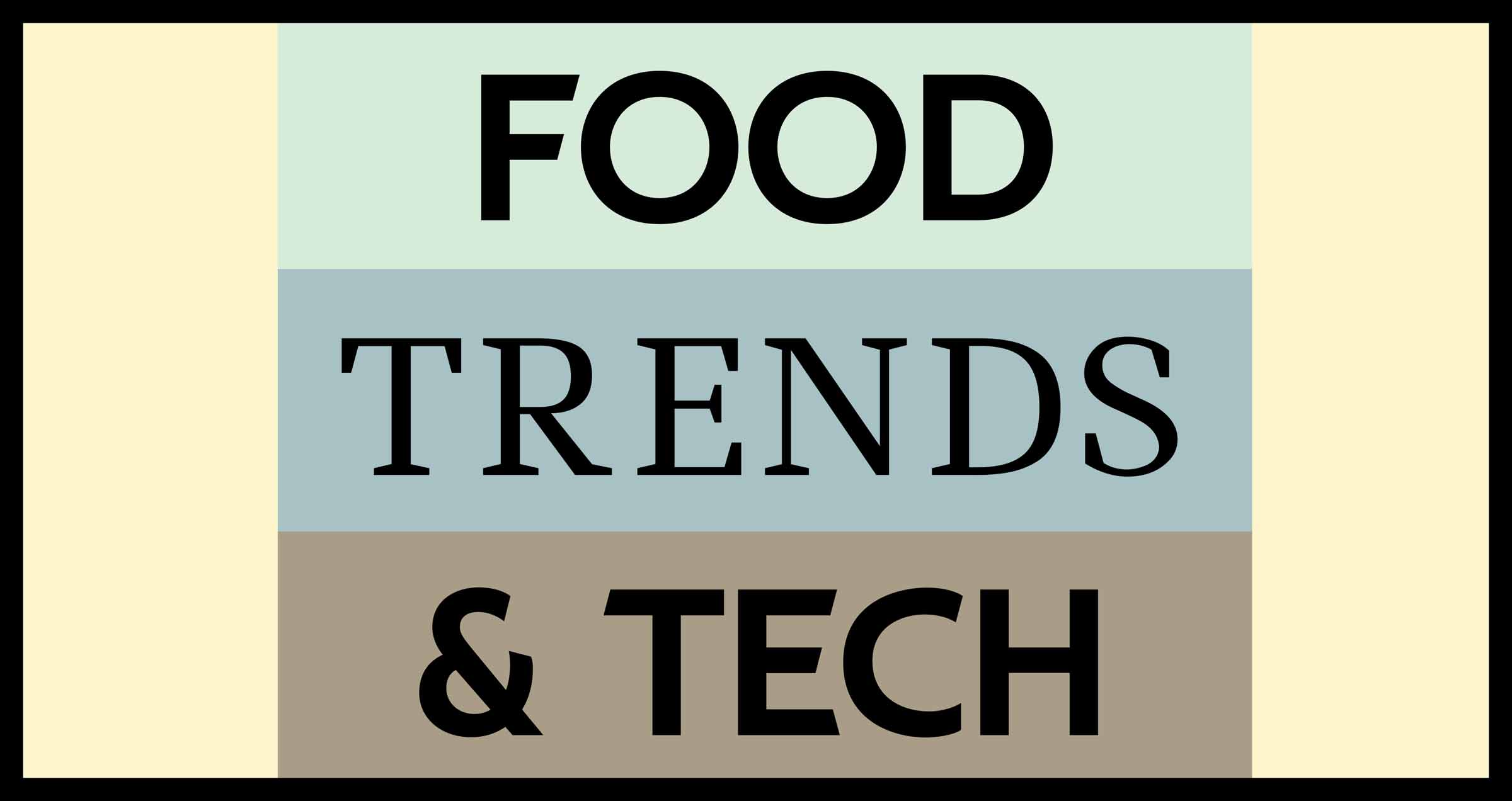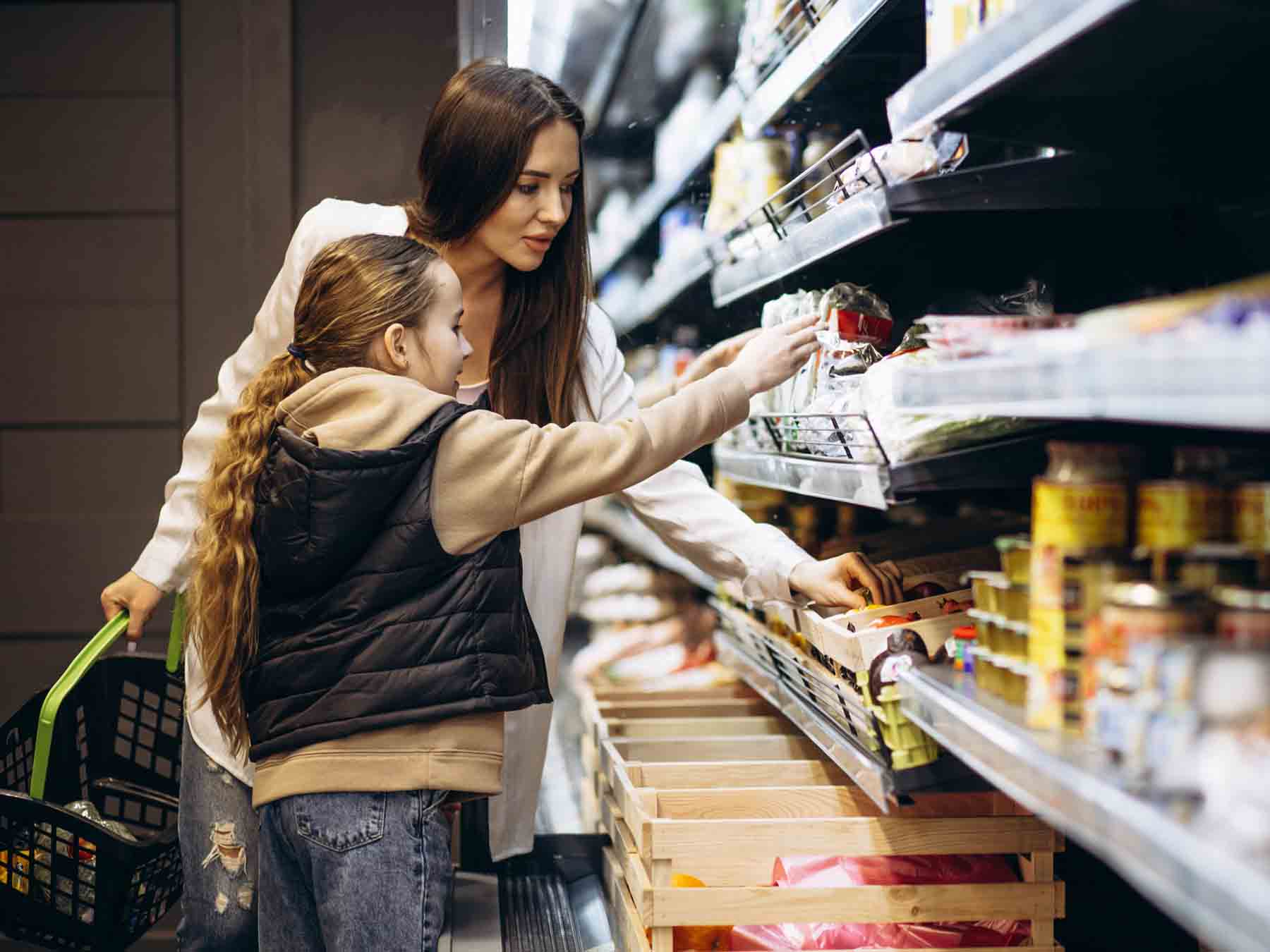While the definition of clean label has evolved, at its core, it has always been about health and safety. Clean label products must adapt to address new concerns, especially in the wake of the concurrent repercussions of climate change and the COVID-19 pandemic. The next generation of successful clean label products will be those that understand the convergence of health and sustainability trends, pointed out Stephanie Mattucci, CFS, Director, Food Science, Mintel, in her 2023 Clean Label Conference presentation titled “Clean Label: What Matters to Consumers?”
The trend to clean labeling began about 10 years ago and focused on simple, “real” and natural ingredients and easy-to-understand messaging. It also emphasized what wasn’t in the product, said Mattucci. As “natural” is ambiguous in the U.S., there has been a shift to clean labels and free-from claims, including no-GMO and no additives/preservative statements.
Clean Label Expansion
The clean label concept has expanded to include processing, packaging, and ethical and environmental concerns. “Ethical and environmental claims are growing,” noted Mattucci, “with messaging increasing around human welfare, giving back to communities, and ensuring sustainable habitats and resources.”
Mintel data reveals three current and future trends: minimalist messaging, conserving resources, and keeping people and the planet safe. For minimalist messaging, Mattucci suggests “paring down label information to better connect with overwhelmed consumers,” focusing on the critical benefits of package labeling and saving stories for websites, social media, and marketing.
With ongoing inflationary concerns, Mattucci recommended that the industry could assist consumers in stretching their budgets by driving value through versatile ingredients that support long-lasting products and curb food waste.
“Although consumers may not yet be looking to reduce nutritional waste, how processing can preserve nutritional qualities will become more important in the future,” advised Mattucci.
Responsible Manufacturing
The urgency to act on environmental and social issues is becoming more critical, and consumers are looking for manufacturers to be more responsible. The impact of transportation on carbon footprints and emissions is more top-of-mind for consumers than in the past.
“Water awareness creates new advantages for concentrated products,” noted Mattucci, “we anticipate newfound appreciation for concentrates and dehydrated formats, such as their ability to reduce carbon footprints.”
Mintel’s data indicates that more respectful use of resources will become a priority. As climate change challenges ecosystems, future foods must tolerate a range of temperatures, water and soil conditions, and other environmental factors.
“Sustainability will move from a ‘nice to have’ to a ‘must have’ for innovation,” noted Mattucci; “‘Do no harm’ means putting people and the planet first.”
Packaging must also be addressed for a product to be “authentically clean.” Environmental contamination from plastics and PFAS will keep packaging at the forefront of the clean label debate. Mattucci reported that 28% of U.S. adults try to avoid per- and poly-fluoroalkyl substances (PFAS).
Next-Level Sustainability Counts
Mintel has found the importance of next-level sustainability practices that consider human welfare, not only animal welfare, with messaging about the treatment of farmers. Mattucci noted, “48% percent of U.S. consumers say that companies are most responsible for ensuring fair conditions and fair pay for workers.” Chobani was provided as an example. The company has adopted a $15 starting wage for its employees to reduce hunger among its workers.
“By communicating its pay policy, Chobani points out that the minimum wage is insufficient for a decent life,” observed Mattucci. “Chobani’s point of view is shared by 79% percent of U.S. consumers who, during the pandemic (Sep 2020), said that essential workers were underpaid and underappreciated.”
In concluding her talk, Mattucci stressed that today’s safety concerns related to clean labels are expanding beyond ingredient statements to include important issues such as sustainability, clean agriculture, and the welfare of animals, farmers and workers.
Companies must ensure that label claims make a difference to connect with cynical consumers. “Sustainability initiatives will need to be about improving the future of people and the planet for the long term,” stated Mattucci. “Past processing has led consumers to have safety concerns about plastics and chemicals in the food supply, illustrating that personal health is tied to the planet’s health.”
Caption to young girl shopping with her mother feature image: Mintel’s Stephanie Mattucci noted that from 2018 to 2022, there was an increased percentage of food and drink launches with claims related to “Recycling,” “Environmentally Friendly Product,” “Sustainable (Habitat/Resources)” and “Vegan/No Animal Ingredients.”
Click on the phrases below to see related articles on these topics at FoodTrendsNTech.com.

